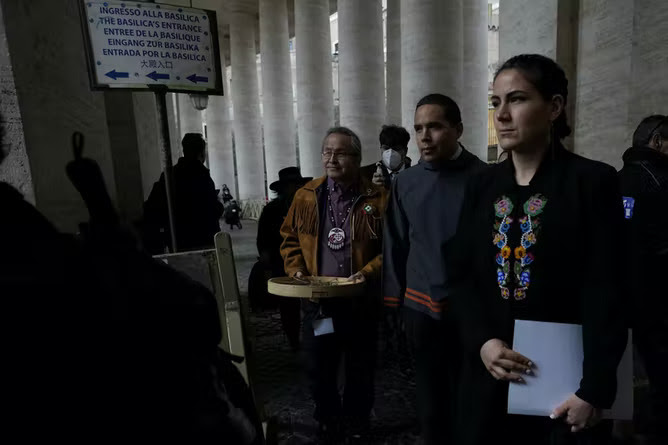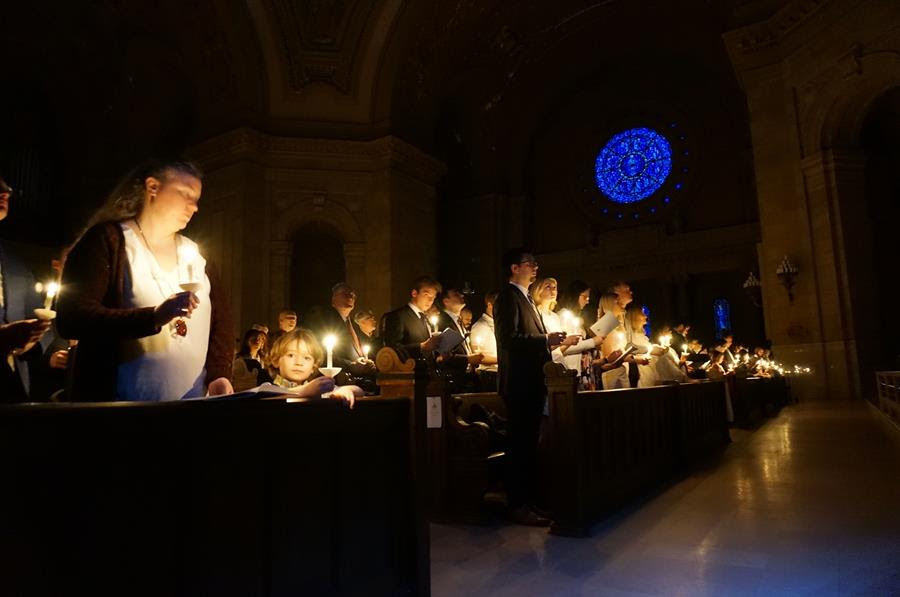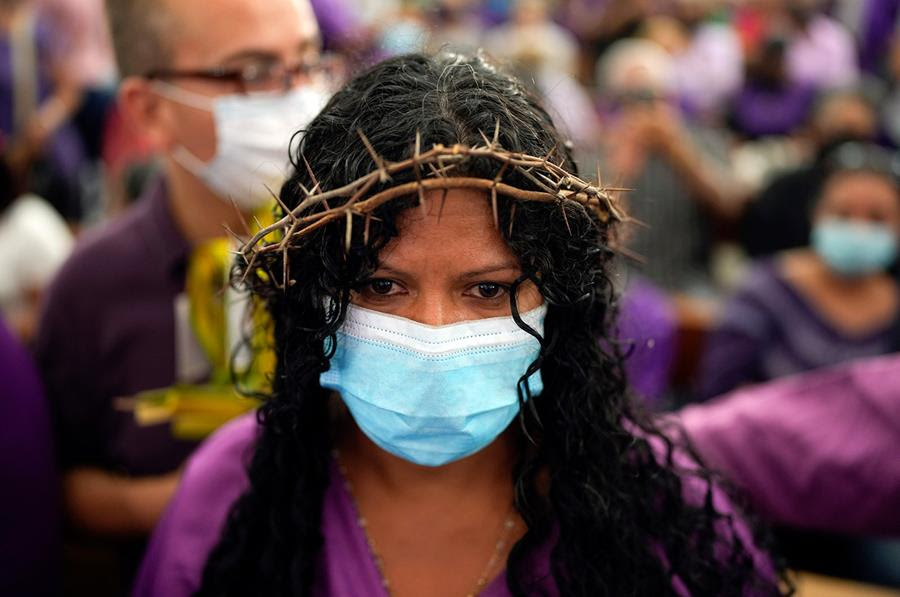Lead story
Editor's note:
Pope Francis recently apologized for the abuse of Indigenous children in Canada’s residential schools, where the purpose was to force children to assimilate into Western society. Thousands died in these schools, which were governed largely by the Roman Catholic and Anglican churches.
Until the reforms of the Second Vatican Council, held from 1962 to 1965, it was unthinkable for popes to apologize. Pope Francis has apologized in the past as well, admitting in 2015 in Bolivia to the “grave sins” of colonization in the Americas while asking for forgiveness.
But the question still remains: What does it mean for a pope to apologize? Annie Selak, a Catholic theologian who studies church authority, writes that while apologies can appear hollow without corresponding actions, it is important to understand that “apologizing is itself an action,” and perhaps a step toward restoring justice.

Religion News
As COVID-19 shutdown lifts, Mecca’s pilgrims bring Islam’s holiest city back to life
Pandemic closures played havoc with the livelihoods of traders who depended on the pilgrims. By Rabiya Jaffery/Religion News Service
NJ diocese agrees to $87.5M deal to settle sex abuse suits
A New Jersey Catholic diocese has agreed to pay $87.5 million to settle claims involving clergy sex abuse with some 300 alleged victims in one of the largest cash settlements involving the Catholic church in the United States. By Mike Catalini/The Associated Press
Every Sunday afternoon since last Easter, teens kneel by a makeshift altar at Fort Bliss and pray so hard that tears stream down their faces. They pray for families left behind when they crossed the U.S.-Mexico border alone without authorization and for quick release from custody. By Giovanna Dell'Orto/The Associated Press
World Council of Churches urges Patriarch Kirill to lobby for Easter cease-fire
The letter to the Russian patriarch comes amid calls to expel him and the Russian Orthodox Church from the WCC. By Jack Jenkins/Religion News Service
For many, Easter Sunday marks a return to in-person worship
For many Christians, this weekend marks the first time in three years they will gather in person to celebrate Easter Sunday, a welcome chance to share one of the faith’s holiest days side-by-side with fellow parishioners. By Steve LeBlanc, Giovanna Dell’Orto and Deepa Bharath/The Associated Press
Commentary and Analysis
The future of American religion resides with innovative lay leaders who focus on empowerment, rather than power. By Joshua Stanton and Benjamin Spratt/Religion News Service
Christians have engaged in passionate debates over the meaning of the resurrection. Baptists may be distinct in that they believe an external religious authority cannot enforce views on such matters. By Jason Oliver Evans for The Conversation
Churches' struggles to respond to the plague and constant warfare in the 14th and 15th centuries helped shape the kinds of Christianity in the world today. By Nicole Archambeau for The Conversation
Religious beliefs and modern biology sometimes seem to collide. But exploring those ideas with compassion and an open mind can lead to deeper learning across cultures. By Daniel Pierce for The Conversation
A devotee of a statue of Jesus carrying a cross known as the Nazareno de San Pablo, wearing a crown of thorns and the color purple, prays inside the Basilica of St. Teresa during Holy Week celebrations in Caracas, Venezuela, Wednesday, April 13, 2022. After two years of COVID-19 restrictions, the doors of the famous church opened its doors on Wednesday where the venerated statue resides. (AP Photo/Ariana Cubillos)
Did a friend or colleague forward this to you? Click the button below to subscribe.

- This Week in Religion is a publication of the Global Religion Journalism Initiative, a collaboration among the Religion News Service, The Associated Press and The Conversation U.S.
- The three news organizations work to improve general understanding and analyze the significance of developments in the world of faith.




No comments:
Post a Comment